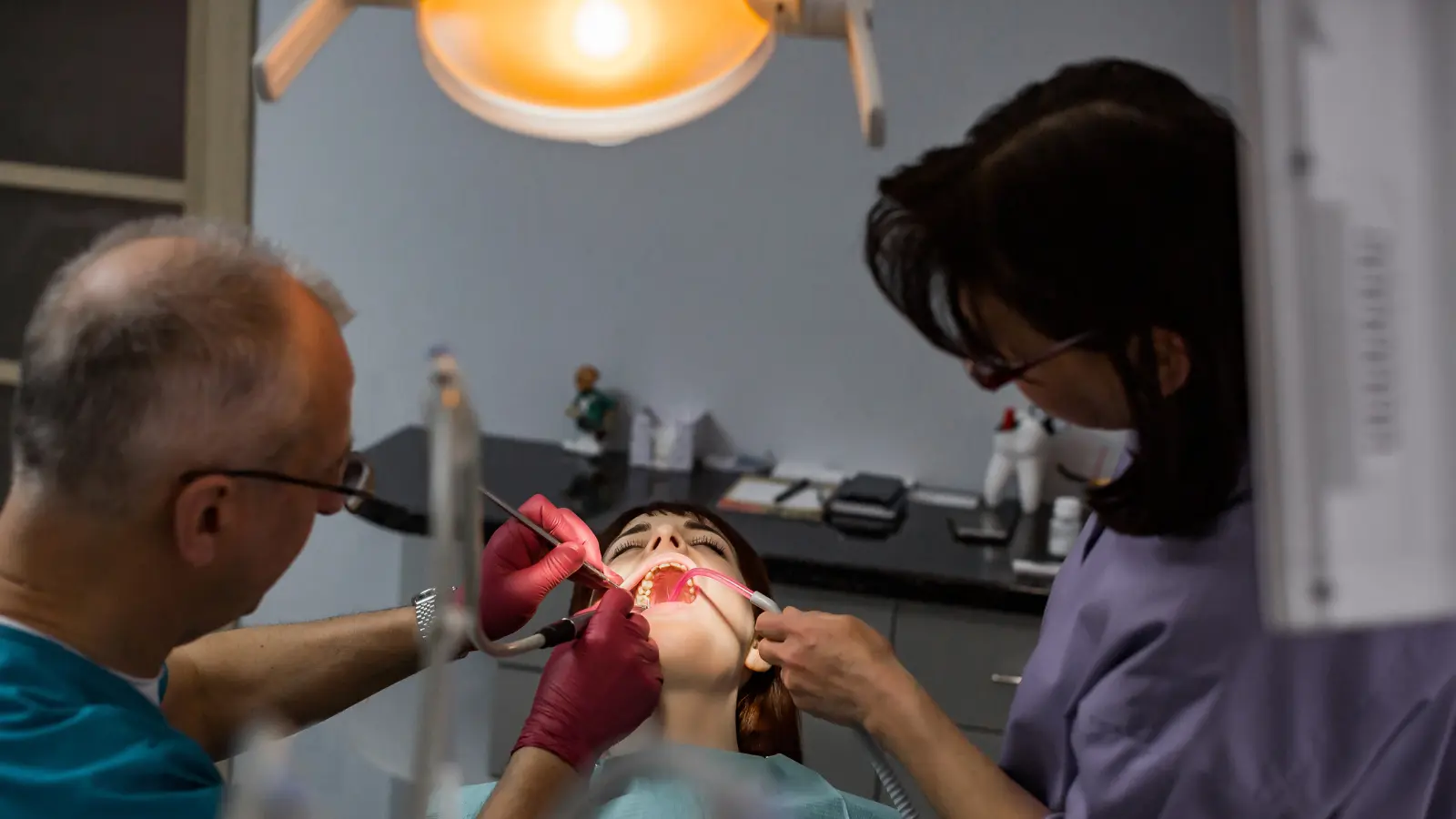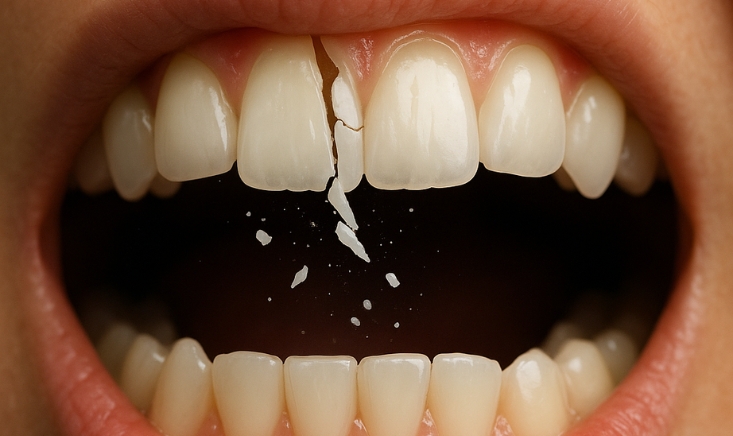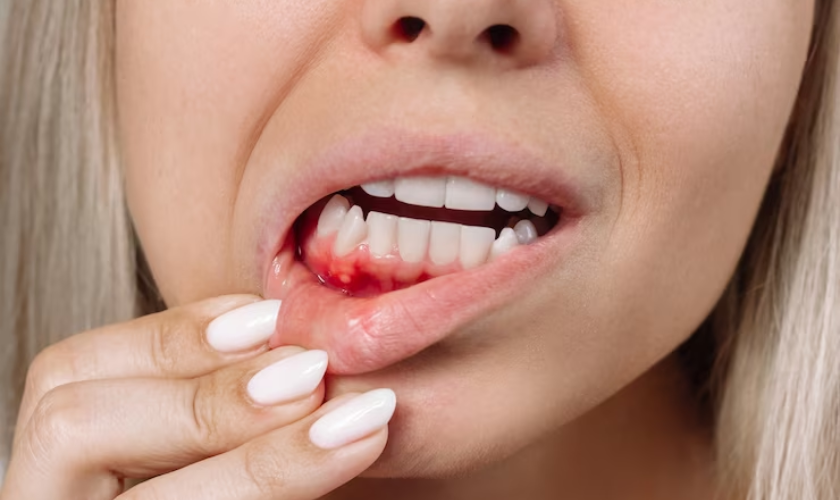10 Reasons Why You Need An Emergency Dentist

Dental crises frequently result in pain, discomfort, and anxiety and can occur at any time. The ability to recognize when you need an emergency dentist can be crucial in maintaining your oral health, whether you’re experiencing a sudden toothache, a broken tooth, or an unplanned accident.
An emergency dentist is qualified to treat dental emergencies in a timely and efficient manner, relieving pain and averting more complications. To make sure you’re ready to respond swiftly when you have a dental emergency, we’ll look at ten strong arguments in this post for the importance of having access to a dentist in an emergency.
10 Urgent Dental Crises That Demand an Emergency Dentist!
Here are 10 dental emergencies that necessitate a visit:
1. Severe Toothache
A persistent, intense toothache can be a sign of various problems, including an abscessed tooth, infected tooth nerve, or deep cavity. Don’t wait for the suffering to get intolerable. Visit an your dentist to identify the cause and receive prompt treatment.
2. Knocked-Out Tooth
Time is of the essence when a tooth gets knocked out. The longer the tooth is out of its socket, the lower the chances of successful reimplantation. If you experience a knocked-out tooth, locate it carefully (avoid touching the root) and try to gently place it back in the socket. If that’s not possible, store the tooth in milk and head straight to the dental clinic because it’s telling you need an emergency dentist within an hour for the best chance of saving it.
3. Broken or Chipped Tooth
A tooth that is chipped or cracked might be a cosmetic concern, but it can also expose sensitive inner layers of the tooth to bacteria, potentially leading to infection. Depending on the severity of the damage, an emergency dentist can repair the chip, perform a root canal, or even extract the tooth, depending on the extent of the damage.
4. Lost Dental Filling or Crown
A lost filling or crown exposes the underlying tooth structure, making it vulnerable to decay and infection. A visit to the emergency dentist is crucial to prevent further damage and have a temporary or permanent restoration placed as soon as possible.
5. Swollen Gums or Jaw
Sudden swelling of the gums or jaw can indicate an infection, which, if left untreated, can spread and lead to serious health complications. An emergency dentist is able to determine the origin of the swelling and provide antibiotics or other necessary treatment to manage the infection and reduce discomfort.
6. Severe Bleeding Gums
While occasional minor gum bleeding might occur during brushing, persistent or excessive bleeding can be a sign of an underlying gum disease or other oral health issues. Don’t ignore it. Make an appointment right away with an emergency dentist in order to identify the problem and obtain the necessary care.
7. Loose or Dislodged Orthodontic Appliances
Loose or broken braces or retainers can irritate your gums and cause discomfort. Additionally, dislodged retainers can allow your teeth to shift, jeopardizing your orthodontic treatment. If you experience loose or broken orthodontic appliances, visit an emergency dentist to have them repaired or refitted as soon as possible to avoid further complications.
8. Facial Trauma
Dental injuries often occur alongside facial trauma. If you experience facial injuries along with damage to your teeth, gums, or jaw, seek prompt medical assistance in an urgent care facility or emergency room facility. Once the initial trauma is addressed, a follow-up appointment with an emergency dentist will be necessary to assess and address any dental damage.
9. Objects Stuck Between Teeth
While it’s tempting to try and remove a stubborn object stuck between your teeth with sharp objects like toothpicks, this can worsen the situation and damage surrounding gum tissue. If you’re unable to dislodge the object with gentle flossing, visit an emergency dentist to have it removed safely and effectively.
10. Sudden Dental Pain After a Dental Procedure
While some discomfort is expected after certain dental procedures, experiencing sudden and severe pain can indicate complications. If you experience unusual pain following a recent dental procedure, that means you need an emergency dentist. Contact or visit a professional one to rule out any potential issues.
Don’t Let Tooth Issues Turn Urgent!
Understanding the warning indicators of a dental emergency and seeking prompt attention, you can minimize discomfort, prevent complications, and potentially save your tooth. Always keep in mind that prevention is always preferable to treatment.
Keeping your mouth clean and getting regular exams can help prevent numerous dental emergencies in the first place. However, if you do experience a dental crisis, don’t wait! Visit an emergency dentist to get the immediate care you need and get back to smiling with confidence.
FAQs On The Need Of An Emergency Dentist
1. Can I treat a dental emergency at home?
For some minor issues like a chipped tooth with no pain, you might be able to manage at home with pain relievers and a cold compress. However, for most dental emergencies, attempting DIY treatment can worsen the situation. It’s always best to seek professional help from an emergency dentist as soon as possible.
2. What should I do if I can’t find an emergency dentist?
If you can’t locate an emergency dentist immediately, go straight go to the emergency room or urgent care facility center that is closest to you. They can address urgent pain and potential complications while you seek follow-up care with a dentist.
3. How can I prevent dental emergencies?
Frequent cleanings and examinations of the teeth are essential for the timely identification and resolution of possible problems before they worsen into emergencies. Maintaining good oral hygiene with proper brushing and flossing practices also plays a significant role in preventing tooth decay and gum disease.
4. What should I bring with me to the emergency dentist?
When rushing to the emergency dentist, bring any relevant information, such as a list of medications you’re taking, details about your dental history, and insurance information (if applicable). If possible, bring the dislodged tooth (stored in milk) in case of a knocked-out tooth.
5. Will I need to pay extra to see an emergency dentist?
Emergency dental services often come with higher fees compared to regular appointments. It’s essential to contact your dental insurance company beforehand to understand your coverage for emergency dental care.


